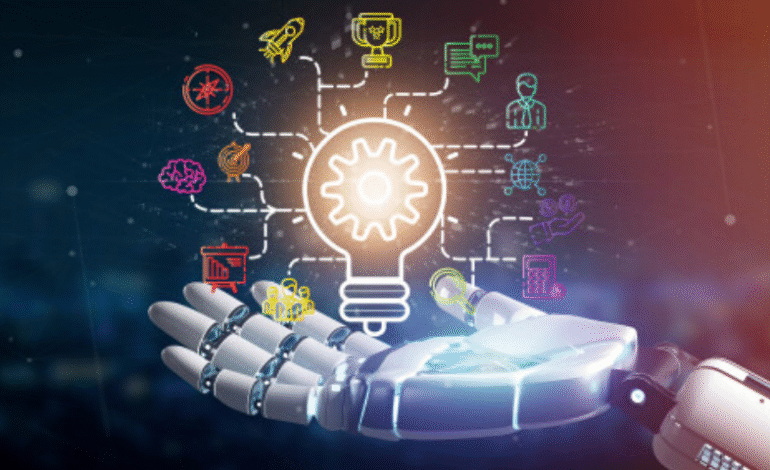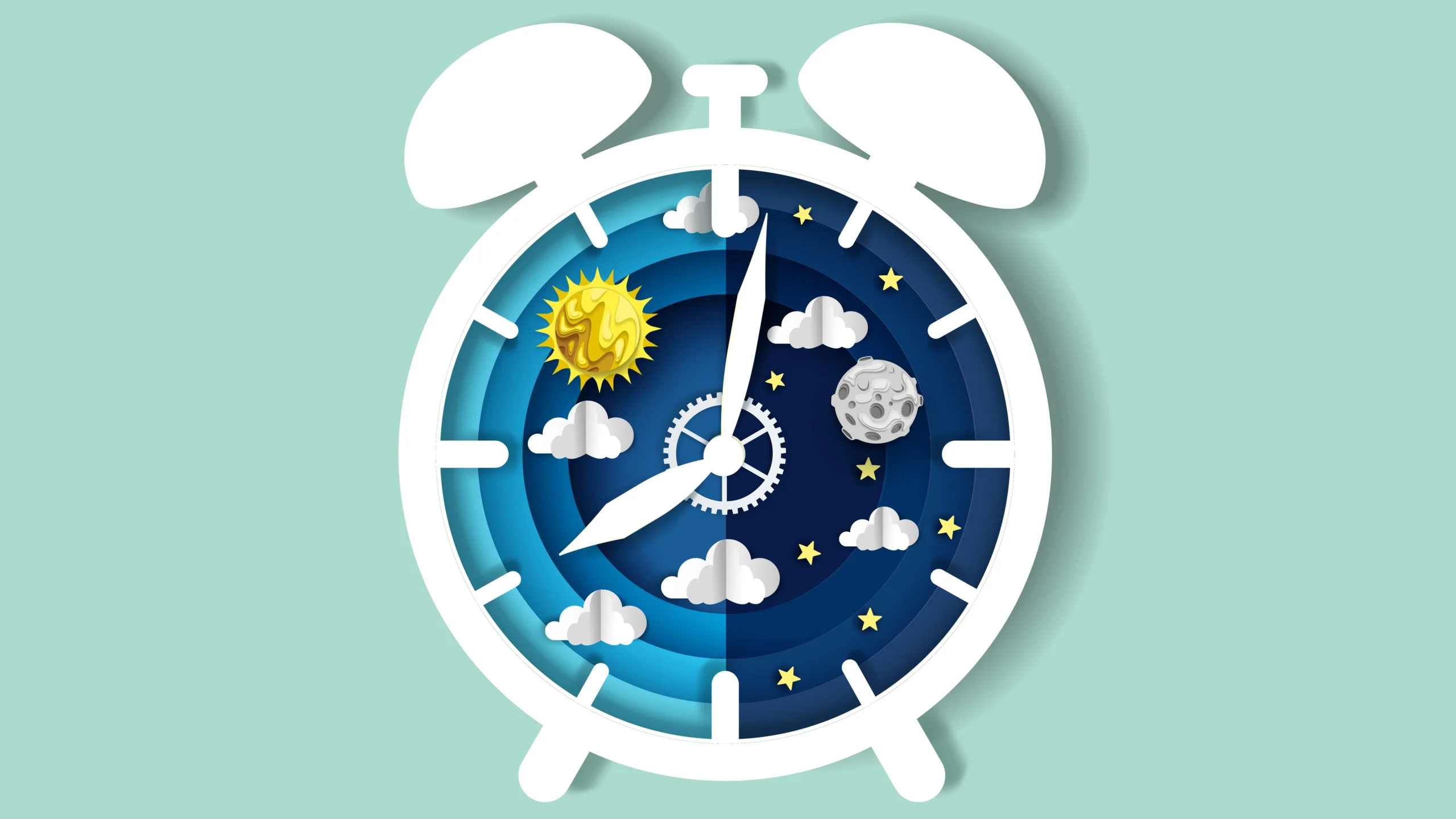AI: Transforming Your Everyday Life

The Quiet Revolution: How AI Is Already Transforming Your Daily Life
Artificial Intelligence (AI) is no longer a futuristic fantasy confined to science fiction. It’s here, it’s now, and it’s subtly – and not so subtly – reshaping the way we live, work, and interact with the world around us. Many people think of AI as robots taking over jobs, but the reality is far more nuanced and, in most cases, incredibly helpful. This post will delve into the myriad ways AI is already woven into the fabric of our daily routines, from the moment we wake up to the time we go to sleep.
AI in the Morning: From Smart Alarms to Personalized News
Think about your morning. Does your smartphone alarm gently wake you up, perhaps analyzing your sleep cycle to choose the optimal moment? That’s AI at work. Many modern smart alarms utilize machine learning algorithms to detect light and deep sleep phases, ensuring you wake up feeling more refreshed. This isn’t just about convenience; it’s about optimizing your well-being.
Once awake, what do you do? Chances are, you check your phone. The news feed you see isn’t curated randomly. AI-powered algorithms analyze your reading habits, interests, and even social media interactions to deliver content tailored specifically to *you*. This personalization extends to social media feeds, recommending posts and accounts you might enjoy. While this can be beneficial, it’s also important to be aware of the “filter bubble” effect, where you’re primarily exposed to information confirming your existing beliefs.
Navigating Your Day: AI-Powered Assistance Everywhere
Getting to work or school often involves navigation. GPS apps like Google Maps and Waze aren’t simply displaying static maps. They’re constantly analyzing real-time traffic data, predicting congestion, and suggesting the fastest routes. This predictive capability is powered by sophisticated AI algorithms. They learn from historical data, current conditions, and even reports from other users to provide accurate and dynamic navigation.
Beyond navigation, AI is increasingly integrated into our transportation options. Ride-sharing services like Uber and Lyft use AI to match riders with drivers, optimize routes, and predict demand. The development of self-driving cars, while still ongoing, represents a significant leap forward in AI-powered transportation, promising increased safety and efficiency in the future.

Even seemingly simple tasks like email management are benefiting from AI. Spam filters, powered by machine learning, effectively block unwanted messages, protecting your inbox from phishing scams and malicious content. Smart Compose features in email clients suggest phrases and sentences as you type, saving you time and effort.
Entertainment and Leisure: AI Recommendations and Beyond
When it’s time to relax, AI continues to play a role. Streaming services like Netflix, Spotify, and Amazon Prime Video rely heavily on recommendation algorithms. These algorithms analyze your viewing or listening history, ratings, and preferences to suggest movies, TV shows, and music you might like. The goal is to keep you engaged and coming back for more, but it also exposes you to content you might not have discovered otherwise.
AI is also impacting the creation of entertainment. AI-powered tools are being used to generate music, write scripts, and even create visual art. While these tools aren’t replacing human artists, they’re providing new avenues for creativity and experimentation.
AI at Home: Smart Devices and Automation
Our homes are becoming increasingly “smart,” thanks to AI. Smart speakers like Amazon Echo and Google Home respond to voice commands, allowing you to control lights, thermostats, and other appliances. These devices use natural language processing (NLP), a branch of AI, to understand and interpret your requests.
Smart thermostats learn your heating and cooling preferences, automatically adjusting the temperature to optimize comfort and energy efficiency. Smart security systems use AI to detect unusual activity, alerting you to potential threats. Even robotic vacuum cleaners utilize AI to navigate your home and clean floors efficiently.
AI and Healthcare: A Growing Impact
Perhaps one of the most promising applications of AI is in healthcare. AI-powered diagnostic tools can analyze medical images, such as X-rays and MRIs, to detect diseases earlier and more accurately. AI is also being used to personalize treatment plans, predict patient outcomes, and accelerate drug discovery.
AI-powered virtual assistants are helping patients manage their health, providing reminders for medications, scheduling appointments, and answering basic medical questions. While AI won’t replace doctors, it can augment their capabilities and improve the quality of care.
The Future of AI in Daily Life
The examples above represent just a snapshot of how AI is currently impacting our lives. As AI technology continues to evolve, we can expect to see even more profound changes in the years to come. From personalized education to more efficient cities, the potential applications of AI are virtually limitless.
However, it’s important to acknowledge the ethical considerations surrounding AI. Issues such as bias in algorithms, data privacy, and job displacement need to be addressed proactively to ensure that AI benefits all of humanity. A thoughtful and responsible approach to AI development is crucial to harnessing its power for good.
Ultimately, AI is not about replacing humans; it’s about augmenting our abilities and creating a more efficient, convenient, and personalized world. The quiet revolution is underway, and it’s changing our daily lives in ways we are only beginning to understand.



